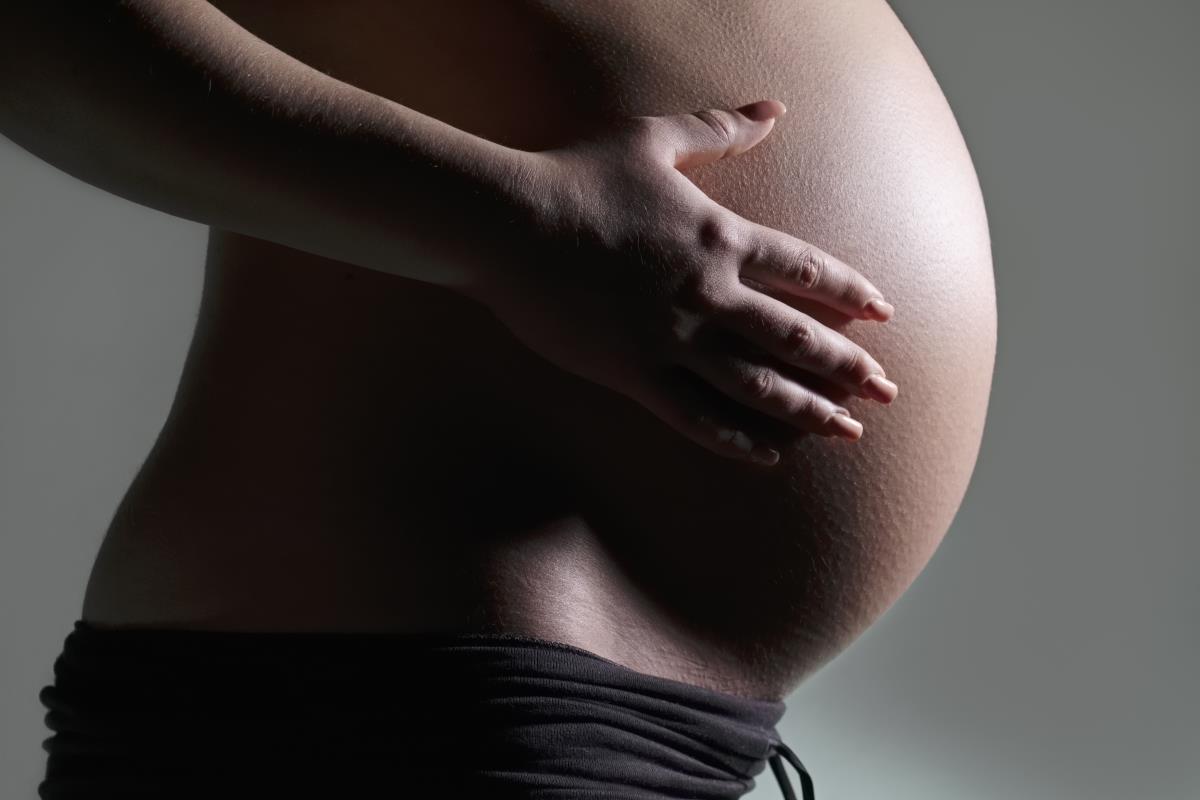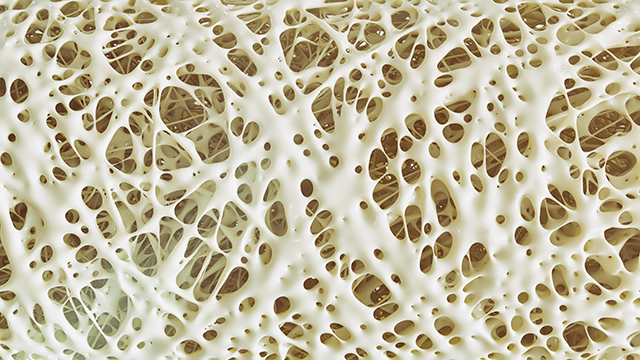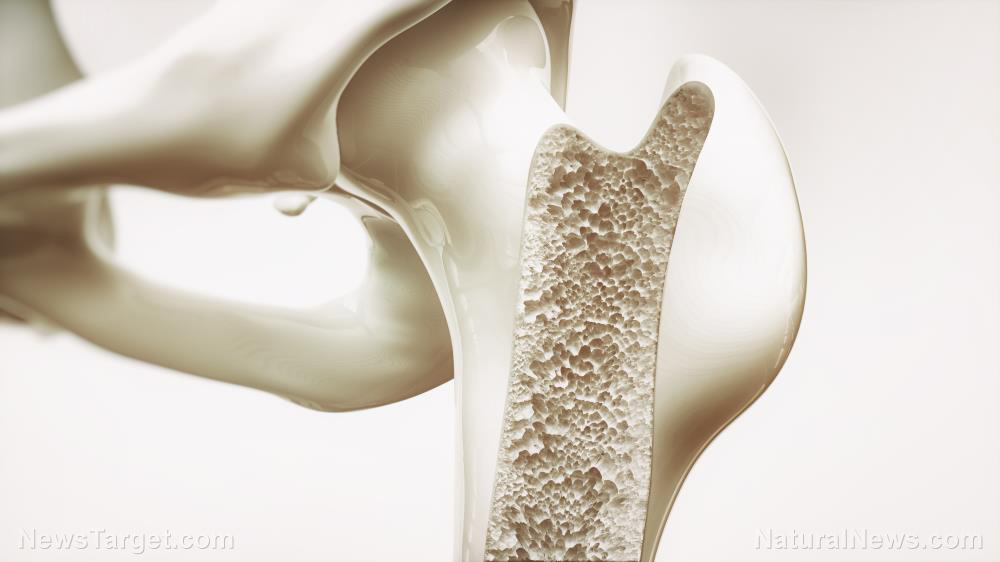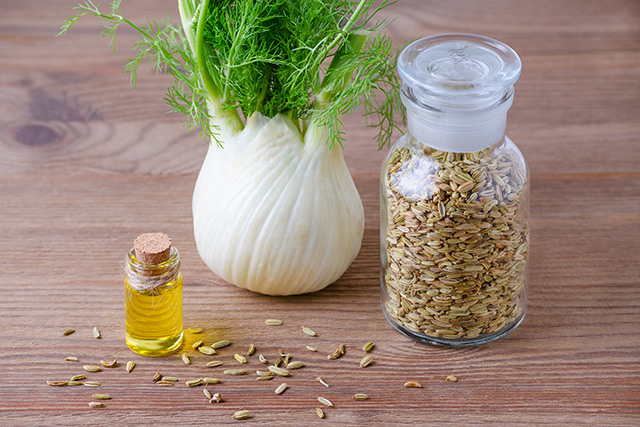Study finds proof of microbial presence in placenta that may have a role in key pregnancy functions such as immunity
06/12/2020 / By Divina Ramirez

The placenta is a large, temporary organ that plays an integral part in pregnancy. It is attached to the uterine wall, where it delivers oxygen and nutrients from the mother to the fetus. It also filters out substances that might be harmful to the fetus and removes carbon dioxide and toxins from its blood. The placenta also helps produce hormones that the pregnant mother needs, such as lactogen, estrogen and progesterone.
A recent study found that the placenta may also contribute to the development of the fetal immune system. Published in the American Journal of Obstetrics & Gynecology, it revealed that the placenta harbors bacterial communities, which researchers at Baylor College of Medicine in Texas speculate may support key functions in pregnancy, such as immunity.
A visual of the placental microbiome
Previous studies on the placental microbiome, that is, the bacterial communities present in the placenta, used metagenomics wherein genetic material is recovered from samples. But instead of metagenomics, the researchers used powerful imaging technology to zero in on the signal of bacterial ribonucleic acid (RNA). This will give a more accurate visual of the bacteria within the placental tissue, said Maxim Seferovic, an instructor of obstetrics and gynecology at Baylor College of Medicine and the lead author of the study.
The researchers examined microbes from a total of 53 placentas in pre-term and full-term births with a signal-amplified probe that labeled bacterial RNA with a fluorescent tag. Then, they used the traditional histologic methods of Warthin-Starry and Gram stains to classify bacteria based on the structure of cell walls. The signal-amplified probe also allows the researchers to trace the location of the bacteria in the placenta, which can then be used to determine if the placental microbiome contributed to fetal development.
The researchers found no significant difference between the placenta in pre-term births and the placenta in full-term births. But Kjersti Aagaard, the senior author of the study and a professor of maternal-fetal medicine at Baylor College of Medicine, reported observable differences in the kinds of bacteria present in pre-term and full-term placentas.
Bacteria, not maternal blood
When the researchers assessed the overall quality of the results, they found that the placental microbiome did contain bacteria. Seferovic said that the study was also designed to confirm if previous studies on the placental microbiome were able to distinguish between microbes and maternal blood in the placenta. The researchers were also able to “see” the bacteria in predictable locations in pre-term and full-term placentas.
Given the results of the study, the researchers concluded that the placental microbiome might play a key role in the development of the fetal immune system.
The body acquires and encounters trillions of bacteria that the immune system does not reject by default. In the same manner, bacteria in the placenta might help the fetal immune system determine which microbes are beneficial and which ones are harmful.
Additionally, Seferovic and Aagaard speculate that certain factors like the mother’s diet and pre-term birth might also influence fetal immune development. (Related: Maternal food restriction decreases anti-inflammatory cytokine expression, triggers placental compensatory responses.)
Best foods for pregnant women
Pregnant women need to eat more nutritious foods to nourish their babies and ensure their proper growth and development. Here are some of the best foods to eat for pregnant women:
Fruits and vegetables
Pregnant women should increase their fruit and vegetable consumption. Most of these foods are rich in folate, a B vitamin that helps prevent birth defects and complications. Fruits and vegetables also contain iron and vitamin C, both of which boost blood circulation.
Lean protein
Protein helps build vital organs like the brain and the heart. Therefore, pregnant women should eat a lot of clean, protein-rich foods like lean meat, fish, eggs, beans, nuts and seeds.
Whole grains
Whole grains are an important source of fiber, iron and B vitamins. Together, these nutrients help stave off digestive issues common in pregnant women, such as constipation and diarrhea.
Milk and milk products
Milk, cheese and yogurt provide pregnant women with high levels of calcium, protein and vitamin D. These nutrients help support bone development in growing babies.
For more clinical studies on pregnancy and childbirth, visit WomensHealth.news.
Sources include:
Tagged Under: babies, bacteria, biomedical research, children's health, Infants, placenta, placental microbiome, pregnancy, reproduction, women's health
RECENT NEWS & ARTICLES
COPYRIGHT © 2017 WOMENS HEALTH NEWS



















